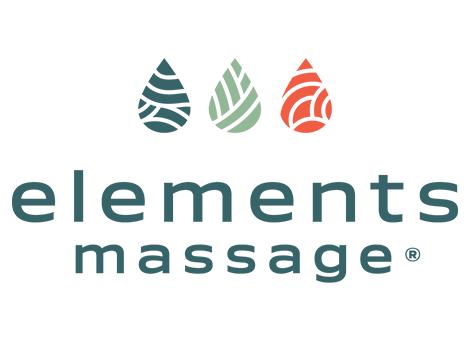Anxiety, a pervasive and often debilitating condition, affects millions of people worldwide, manifesting as persistent worry, tension, and fear that can interfere with daily activities. Beyond traditional psychological therapies and medication, massage therapy has emerged as a complementary approach to reducing anxiety. Through its holistic impact on both the body and mind, massage therapy can significantly alleviate the symptoms of anxiety, contributing to improved mental health and well-being.
How Massage Therapy Alleviates Anxiety
-
Promotion of Relaxation and Reduction of Stress: Massage therapy induces a state of relaxation by activating the parasympathetic nervous system (PNS), which counters the body's stress response. The resultant decrease in heart rate, blood pressure, and cortisol levels contributes to a reduction in anxiety levels, promoting a sense of calm and well-being (Field, 2010).
-
Enhancement of Neurotransmitter Levels: Research indicates that massage therapy can increase levels of serotonin and dopamine, neurotransmitters that play crucial roles in mood regulation. Elevated levels of these neurotransmitters can help counteract feelings of anxiety and enhance mood (Field, 2014).
-
Improvement of Sleep Quality: Anxiety often disrupts sleep patterns, leading to a vicious cycle where lack of sleep exacerbates anxiety symptoms. Massage therapy can improve sleep quality, thus breaking this cycle and contributing to reduced anxiety and better overall mental health (Field, 2016).
-
Increased Bodily Awareness: Massage therapy enhances bodily awareness, encouraging individuals to become more attuned to physical sensations and less focused on anxiety-producing thoughts. This heightened mindfulness can help manage anxiety by fostering a connection with the present moment (Moraska et al., 2008).
Scientific Evidence on Massage and Anxiety Reduction
Several studies have highlighted the effectiveness of massage therapy in reducing anxiety. A systematic review by Moyer et al. (2004) analyzed numerous studies on massage therapy's impact on psychological measures, concluding that massage significantly decreases levels of anxiety across various populations and settings.
Another study focusing on patients with generalized anxiety disorder (GAD) demonstrated that those who received massage therapy experienced significant reductions in anxiety scores compared to a control group, suggesting massage's potential as a valuable adjunct to traditional treatments for GAD (Sherman et al., 2010).
Conclusion
Massage therapy serves as a powerful complementary treatment for anxiety, addressing the condition through physiological and psychological pathways, including the promotion of relaxation, enhancement of neurotransmitter levels, improvement of sleep quality, and increased bodily awareness. By incorporating massage therapy into holistic care plans, individuals may experience significant reductions in anxiety symptoms, leading to improved quality of life and mental health. Continued research will further elucidate the mechanisms by which massage therapy achieves these effects and optimize its integration into anxiety treatment protocols.
References
- Field, T. (2010). Touch for socioemotional and physical well-being: A review. Developmental Review, 30(4), 367-383.
- Field, T. (2014). Massage therapy research review. Complementary Therapies in Clinical Practice, 20(4), 224-229.
- Field, T. (2016). Massage therapy research review. Complementary Therapies in Clinical Practice, 24, 19-31.
- Moyer, C. A., Rounds, J., & Hannum, J. W. (2004). A meta-analysis of massage therapy research. Psychological Bulletin, 130(1), 3-18.
- Moraska, A., Pollini, R. A., Boulanger, K., Brooks, M. Z., & Teitlebaum, L. (2008). Physiological adjustments to stress measures following massage therapy: a review of the literature. Evidence-Based Complementary and Alternative Medicine, 7(4), 409-418.
- Sherman, K.J., et al. (2010). A randomized, controlled trial of massage therapy as a treatment for generalized anxiety disorder. Depression and Anxiety, 27(4), 367-371.

